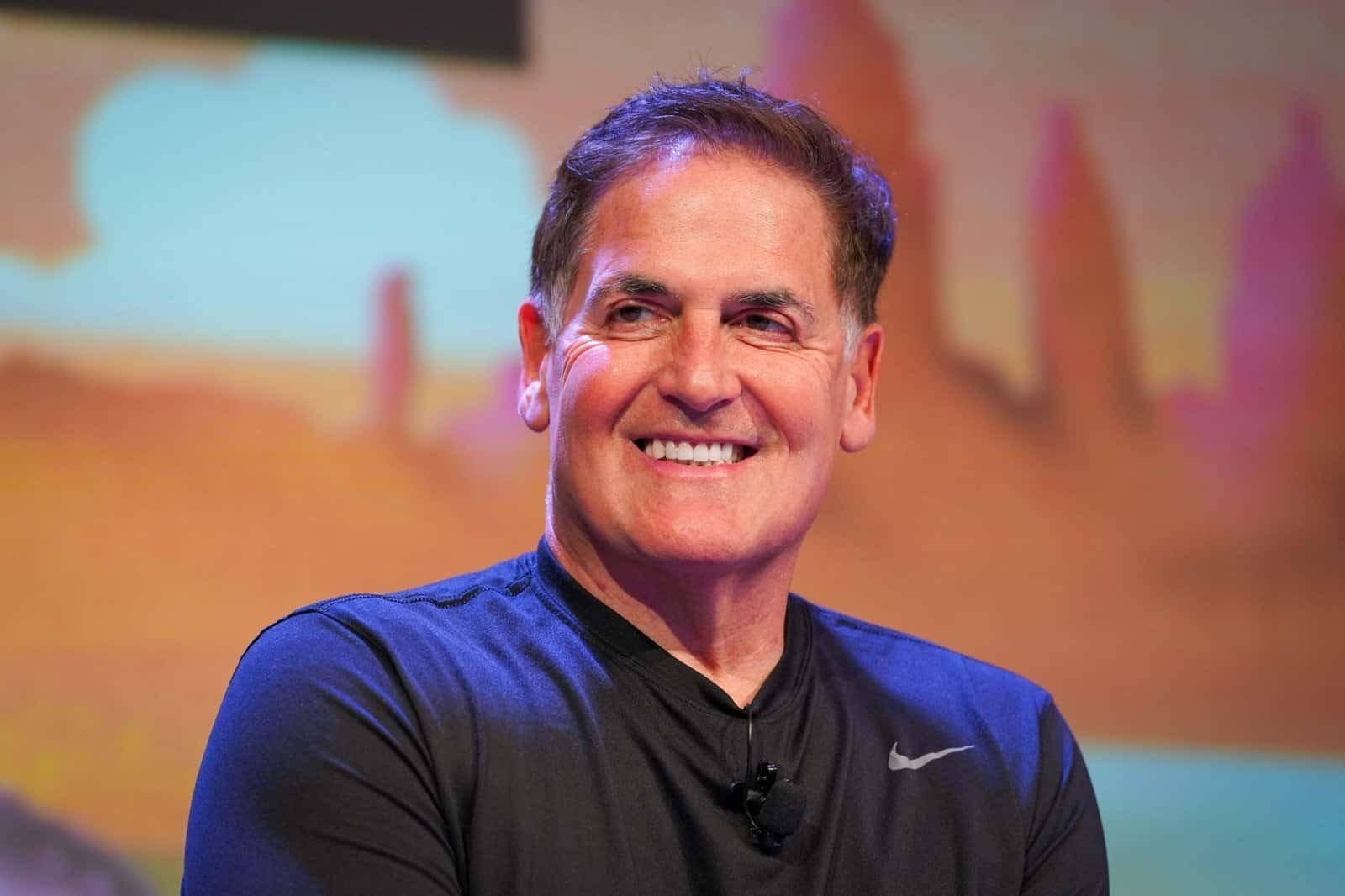Contents
The Potential of Artificial Intelligence According to Mark Cuban
Mark Cuban, the billionaire former owner of the Dallas Mavericks and a star on “Shark Tank,” has expressed his belief that artificial intelligence is still in its early stages but holds immense potential. He sees AI as a powerful tool that can significantly boost productivity and creativity. However, he also acknowledges the risks and limitations associated with this rapidly evolving technology.
AI and the Rise of New Entrepreneurs
The trend of building major companies from home is not new. Steve Jobs founded Apple in his parents’ garage, and Jeff Bezos started Amazon in his own garage. With the advent of artificial intelligence, this trend is expected to continue. Cuban believes that AI could potentially create the world’s first trillionaire, possibly someone working from their basement.
Cuban shared these thoughts during an episode of the “High Performance” podcast published on June 29. He emphasized that the best and most innovative uses of AI are yet to come. “We haven’t seen the best or the craziest of what [AI is] going to be able to do,” he said. “And not only do I think it’ll create a trillionaire, but it could be just one dude in the basement. That’s how crazy it could be.”
Real-World Examples of AI Success
One example of AI’s potential is OpenAI, which was founded in the living room of cofounder Greg Brockman in 2015. The company is now valued at $300 billion after a $40 billion fundraising deal in March. Its CEO, Sam Altman, is worth at least $2 billion.
While this is not yet a trillionaire, a September 2024 report by Informa Connect suggested that Tesla CEO Elon Musk could become a trillionaire by 2027. Musk also runs xAI, an AI startup with an estimated $80 billion valuation.
The Future of Innovation
Cuban believes that while there will always be innovative entrepreneurs creating something bigger, AI has the potential to surpass all previous achievements. “But AI just dwarfs all that,” he said.
How Mark Cuban Uses AI
Cuban is a strong believer in AI’s capabilities. He described the current state of AI as the “preseason” of what the technology can truly achieve. While he doesn’t believe we’ll see robots like those in movies, he expects AI to make our lives better, more interesting, and more efficient.
Cuban uses AI extensively in his daily life. For instance, he uses it to track health metrics due to his atrial fibrillation (A-Fib). He tracks when he takes medications and works out, using ChatGPT to help record this information. He also asks ChatGPT to flag any concerns or inconsistencies in the data he inputs.
“Damn if it doesn’t do it,” Cuban said. “Now you’ve got to be careful. It’s like talking to a friend who you think knows a lot about something. You’ve still got to be careful and talk to an expert, but being able to do the process and just having things identified that I might not have known to look for was insane—just insane.”
Concerns About Relying on AI
Cuban highlights a significant concern: relying on AI for important health or life-related decisions. While AI tools like ChatGPT offer accessible advice and even therapy, experts warn that the technology has limitations and can make mistakes.
To address this, Cuban challenges AI tools with more questions and conducts his own research. “There’s times when I don’t think the answer is what it should be, or I think it’s wrong. And I’ll say, ‘I don’t think you’re right. I need you to show me the evidence of how you got to this decision,’” he explained. “And it’s no different than talking to a friend or a work colleague and just calling bullsh-t.”
AI and Job Security
When asked about whether AI will replace jobs, Cuban is confident that it won’t. “I can just go on all the sh*t I’m trying with AI, and I’m not here to tell you that it’s going to replace everybody’s job. It won’t,” he predicted. “But the things that you like to do, if you’re creative, innovative, whatever it may be—or you’re just bored—it might end up being the best alternative to boredom.”




